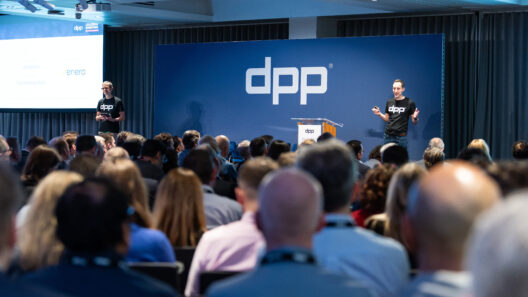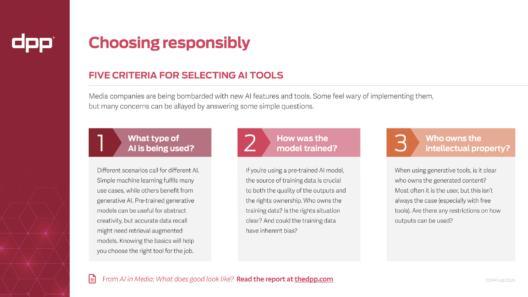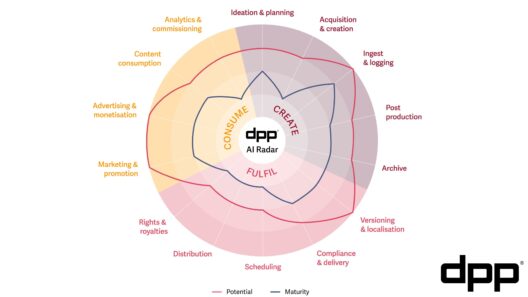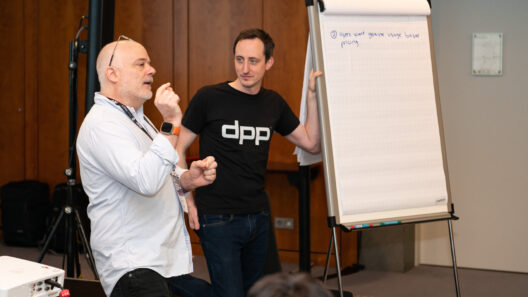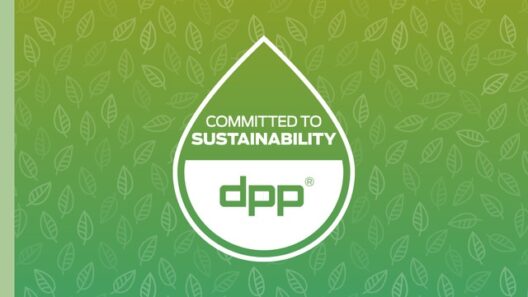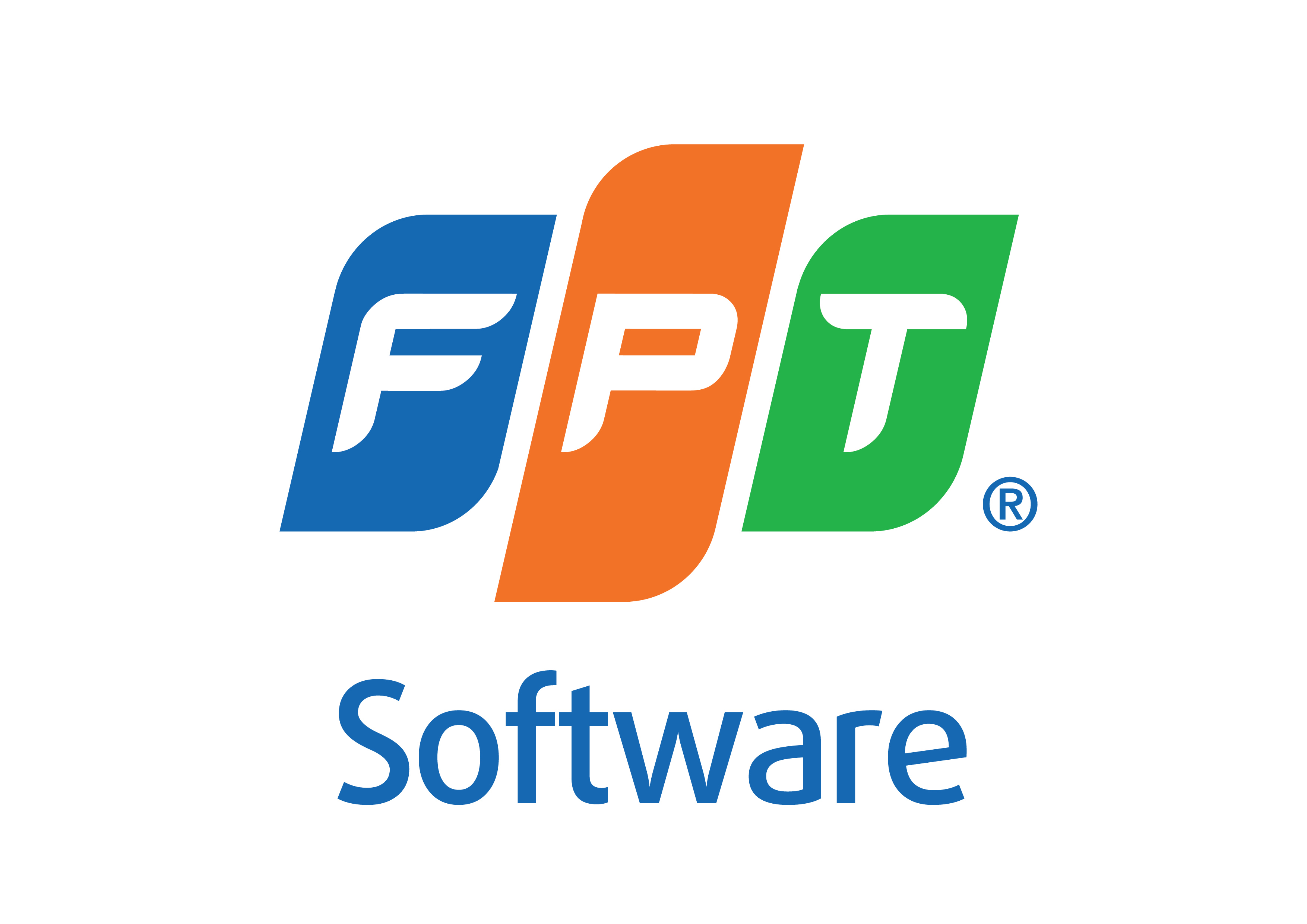The DPP has published its new report The Future of Localisation. After speaking with more than 50 experts from content creators, streaming platforms, localisation service providers, and technology vendors, the report explores whether the media industry is on the brink of an automated localisation revolution.
The report, enabled by Expert Sponsors Blu Digital Group, FPT Software, SDVI, and Vubiquity and Contributing Sponsor Ateliere Creative Technologies, will help readers understand localisation, explore the evolving demand, and the potential for automation in the localisation supply chain.
“There has been a dramatic rise in the demand for content to be localised for different markets and languages,” says DPP CTO Rowan de Pomerai, the report author. “As a result, specialist localisation companies are going through a boom, yet are struggling to keep up. Our report looks at how technologies like automated transcription and synthetic voices could be part of the solution.”
Overall, the report revealed that localisation companies and departments today must balance the need for innovation, efficiency, and scalability with the need to protect the craft of localisation and the experience of users.
Top findings from the research include:
Localisation drives both revenue and accessibility - content owners are using localisation to maximise ROI in their content, but it is also a critical part of making content accessible to diverse audiences
High profile international hits have opened audiences' eyes to international content, skyrocketing the demand for localisation in markets that previously had low demand
Machine learning can now automate each of the components of localisation, but the results today are rarely of high enough quality to be used without human intervention
The new growth area is voice-to-voice synthesis (known as ‘voice cloning’), which is creating excitement as a way to blend human performance with the benefits of machine learning, to scale up the provision of dubbing
The full report is available to download by DPP members here. The key findings will be summarised in an online webcast which members can register for here.
